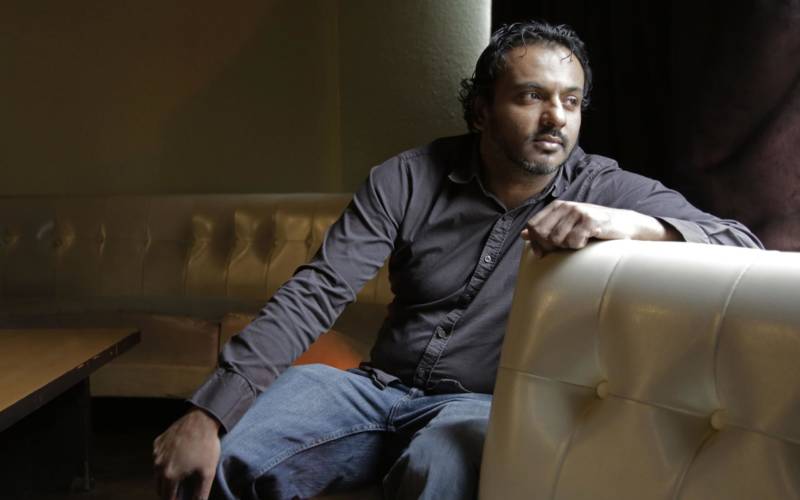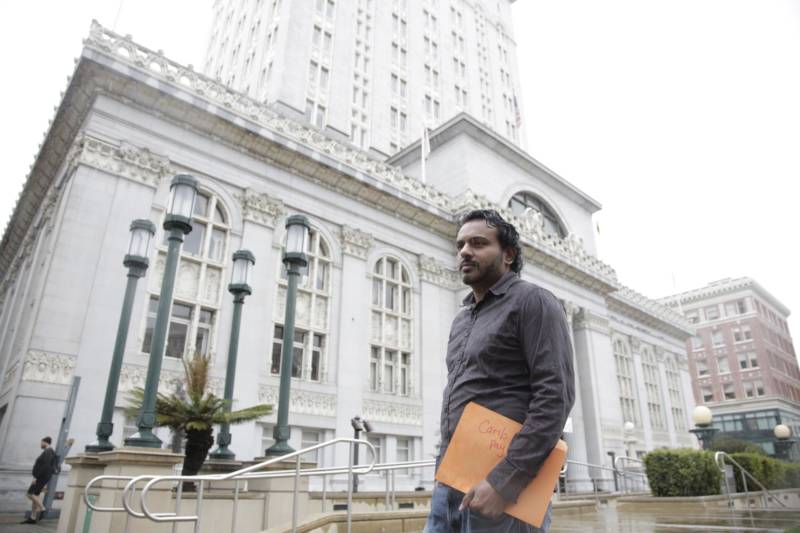The City of Oakland has revoked a popular nightclub’s after-hours permit at the urging of the Oakland Police Department, citing crime near the club and the wider “downtown area.”
Richard Ali, owner of Webster Street hip-hop club New Karibbean City, was notified Thursday of the permit revocation, which he said is tantamount to shuttering his business. “My model is people coming in after 1 o’clock,” he said. “We make most of our money during that time.”
Oakland police, in a letter acquired by KQED, called New Karibbean City a “nuisance” and a “drain on resources,” citing four reports of felonies “in and around” the club in the past six months. “So far this year, the Oakland Police Department has recovered 11 illegally possessed firearms in the immediate downtown area,” the police captain’s letter reads. “This trend cannot continue.”
Ali said it’s unfair to blame his club for 11 guns recovered in an area teeming with bars and venues. Of the three shootings cited in the letter, the original police reports show one stemmed from an argument in a different bar, and another occurred in a shared parking lot. Overall, Oakland police data show crime has actually dropped in the area including downtown.

Regulars celebrate New Karibbean City, a 752-capacity club that Ali has owned since 2008, as a vestige of old Oakland, and it attracts a predominantly black clientele. (He has also owned nearby Level 13 since 2007.) Ali said his club’s demographic is the real problem for police, calling the revocation the latest example of Oakland police’s double standards and onerous restrictions for hip-hop nightlife.



